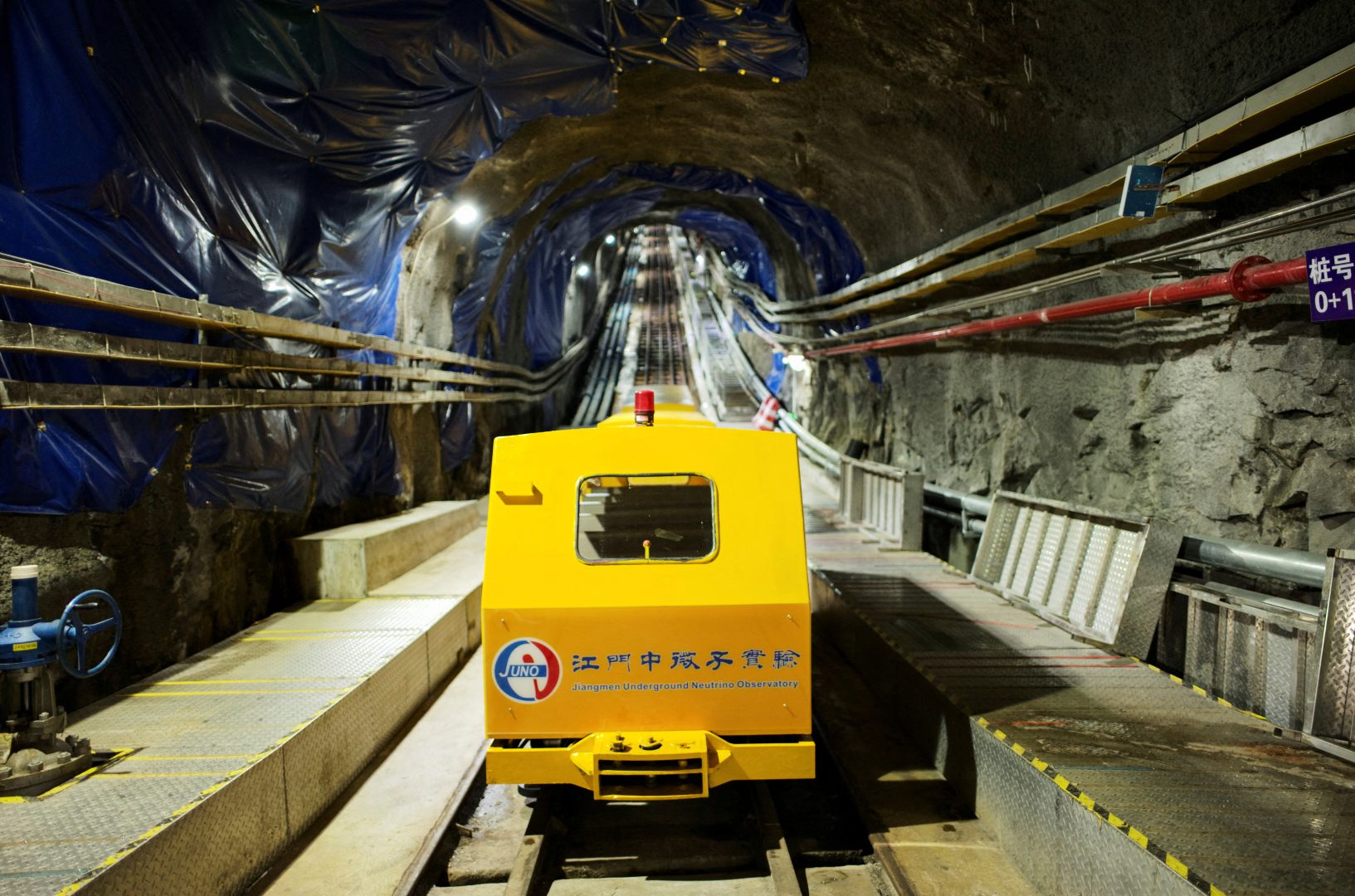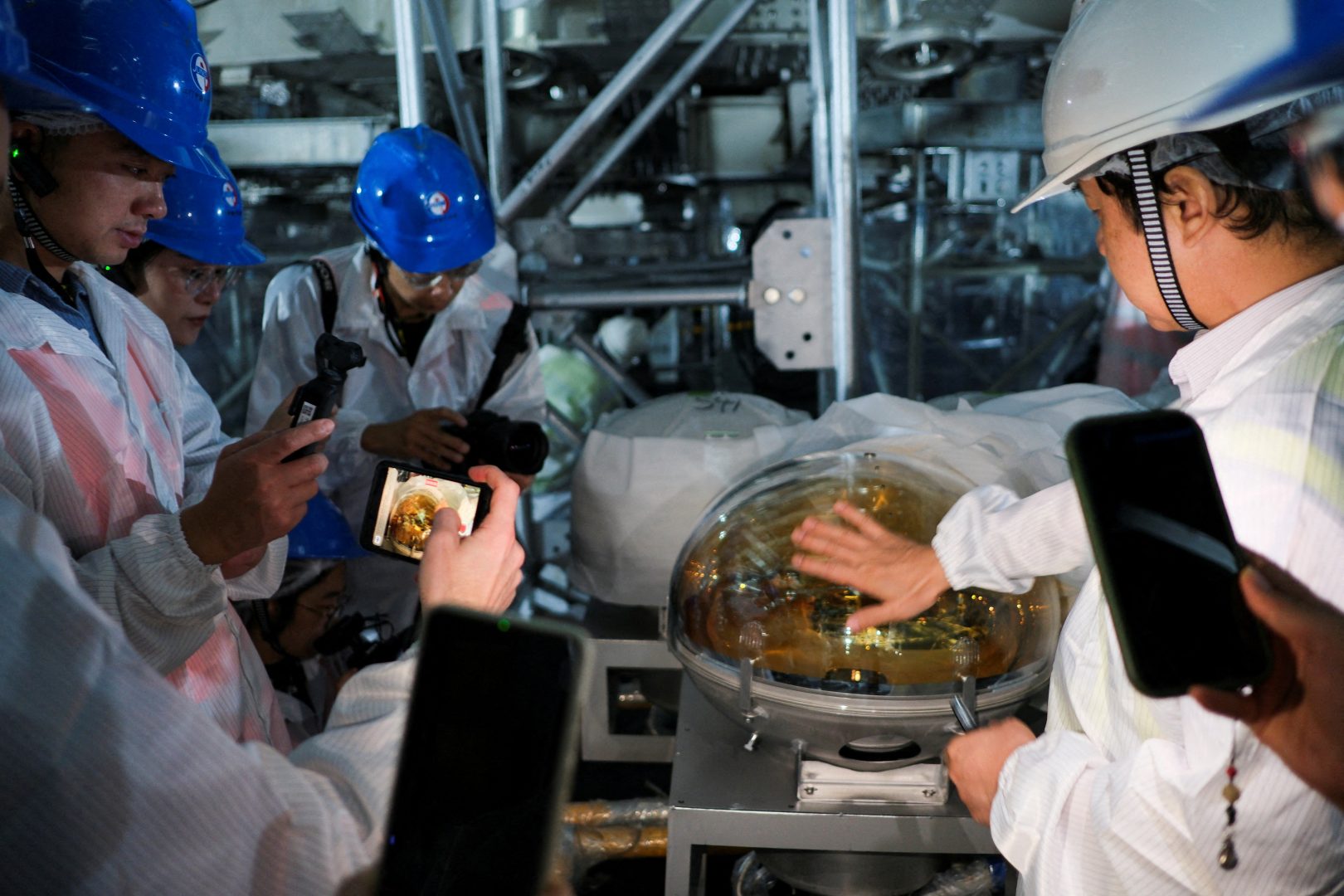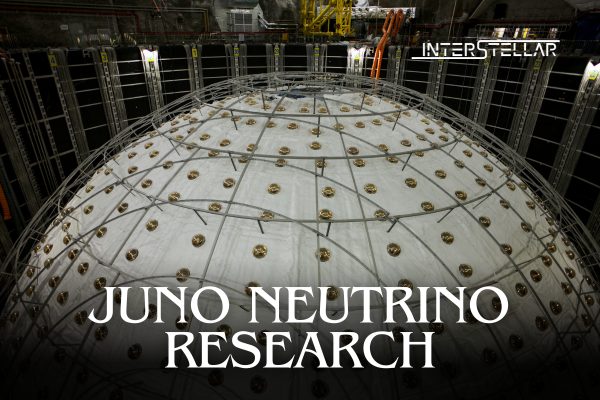China’s JUNO Observatory Set to Revolutionise Neutrino Research
A massive underground experiment designed to study elusive subatomic particles known as neutrinos is nearing completion in southern China. The Jiangmen Underground Neutrino Observatory (JUNO), a $300 million project, will soon begin gathering data to unlock key mysteries of particle physics.
Innovative Neutrino Research

JUNO, located 700 metres underground in Guangdong province, is encased in a 12-storey cylindrical pool of water. The facility houses thousands of light-detecting tubes that will measure neutrinos produced by nearby nuclear reactors. Scientists from China and around the world will analyse this data for up to six years. This research aims to determine the mass hierarchy of neutrinos, offering insight into the formation of the universe and the nature of matter.
Neutrinos are extremely small, yet they pass through all matter, including the human body, in vast numbers every second. Although there are three known types of neutrinos, one of the key questions JUNO hopes to answer is which type is the heaviest and which is the lightest. This knowledge could shed light on processes that occurred in the early universe.
JUNO’s Global Significance
While China’s JUNO project is set to go operational in late 2025, the US counterpart, the Deep Underground Neutrino Experiment (DUNE), is facing delays. DUNE, supported by the US Department of Energy (DOE), is expected to launch in 2030, five years behind JUNO. DUNE has also been plagued by cost overruns, now exceeding $3 billion. The United States halted its collaboration with JUNO in 2019 due to increasing political tensions, shifting its focus to domestic projects like DUNE.
However, a US research group backed by the National Science Foundation continues to collaborate with JUNO. This team will play a crucial role in data analysis, despite the broader political rift.

JUNO’s Role in Global Neutrino Studies
The JUNO project is poised to lead global neutrino research, outpacing neutrino observatories under construction in the US, France, and Japan. Its sensitive detectors will also study neutrinos from the Sun, as well as those generated by uranium and thorium decay in Earth’s mantle, which could enhance understanding of tectonic plate movement.
Despite political challenges, the scientists involved in JUNO remain committed to scientific progress. JUNO’s sophisticated system will transmit data from its spherical detector to China, France, Italy, and Russia. A strict protocol ensures data integrity, and independent teams will cross-check results before publication.





